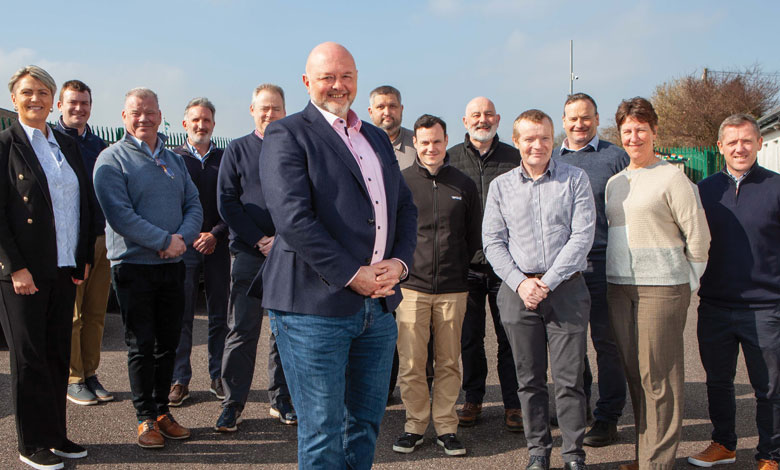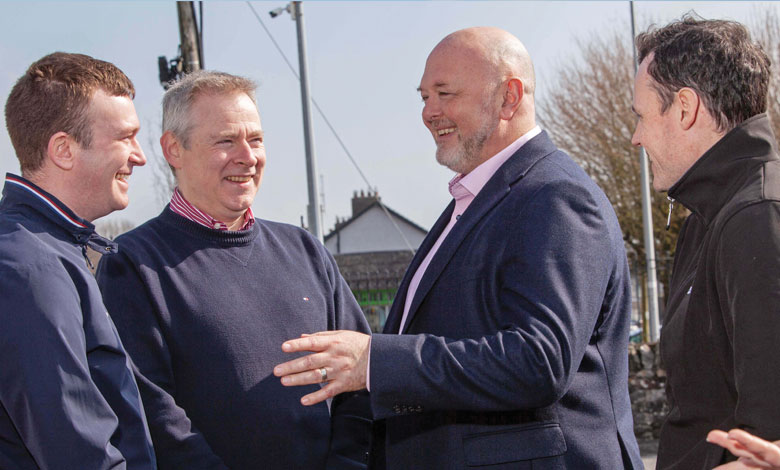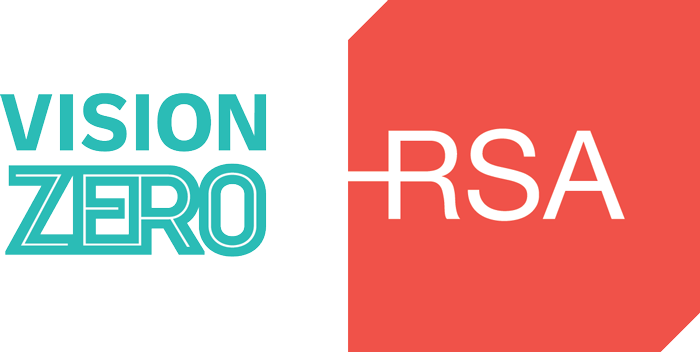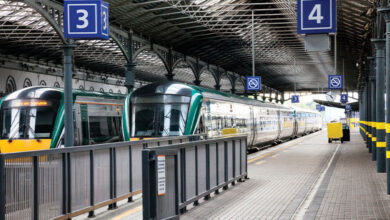Driving forward: Tackling Ireland’s driving test backlog

Delays in public services rarely occur in a vacuum. They are often the result of overlapping structural, social, and demographic pressures – and their resolution demands clarity, leadership, and sustained investment, writes Brendan Walsh, Chief Operations Officer, Road Safety Authority.
That is precisely the challenge the Road Safety Authority (RSA) faced and continues to navigate as we work to reduce the waiting time for driving tests, which stood at an average of 27 weeks at the end of April.
This is not a situation any of us consider acceptable, and I want to acknowledge the real-life impact this is having. For many people, driving is not a luxury – it is a requirement for employment, education, and caring responsibilities. At a national level, mobility is an economic enabler, a public service, and a vital component of rural and urban cohesion.
That is why we launched a comprehensive, time-bound action plan to reduce the average waiting time to 10 weeks by early September 2025, as directed by Government. This is not just a target. It is a national imperative — and one the RSA is fully committed to delivering.
Context: How we got here
To understand the current pressures, we need to examine the demand curve. The volume of driving tests has risen steadily and steeply over the past four years – from 157,183 in 2021 to 253,850 in 2024. That represents a 61 per cent increase in testing volume, driven by factors such as a growing population, delayed demand from the Covid-19 period, and greater reliance on personal transport in areas where public infrastructure is less accessible.
Scaling services in response to this level of growth requires government recruitment sanctions. It requires investment and takes time – and resources.
The RSA’s large-scale recruitment campaign to hire and train additional driver testers was not a light-touch process. It required almost 1,000 interviews, 200 practical driving assessments, Garda vetting, and seven weeks of structured training and on-the-road evaluation for successful candidates.
It is worth noting that diverting experienced staff to support this process had a knock-on effect on existing capacity. However, this was a strategic investment – not only to resolve the immediate backlog but to futureproof our service against volatility in demand.
What is being done now?
Our plan to restore test waiting times is already in motion and is underpinned by four core pillars:
- Expanded testing hours: We are now offering tests from 7:25am to 7pm, including evenings, Saturdays, and bank holidays, with overtime agreements in place to support this expanded schedule.
- Accelerated tester deployment: Revised training approaches and enhanced facilities mean that new testers are entering the system faster and in larger numbers.
- Targeted booking interventions: Manual oversight of our invitation process ensures priority is given to test centres experiencing the highest demand – allowing us to more efficiently match capacity with need.
- Infrastructure expansion: We are opening new driving test centres in strategic locations, bringing the total to 60 nationwide, which will increase accessibility and alleviate regional pressure.
To ensure transparency and public accountability, the RSA is publishing fortnightly progress updates, tracking key metrics as we implement this plan.
Maintaining a resilient, long-term system
While our immediate priority is recovery, we are equally focused on building resilience. This includes developing contingency planning to deal with future surges in demand, whether driven by demography, policy change, or unforeseen global events.
We are actively assessing external and internal capacity-building measures to ensure we can scale our services rapidly, should the need arise. We have also committed to close monitoring of external factors and will provide early warning to our parent Department if future headcount or resource adjustments become necessary.
It would be disingenuous to suggest we can completely eliminate risk. No public service can guarantee immunity from the impacts of pandemics, international conflict, or economic shocks. But what we can do — and are doing — is building agility into our planning, our systems, and our people.
A shared effort
We are also calling on the public to help us make best use of existing capacity. Over 4,000 tests this year alone could not proceed due to issues such as vehicles lacking a valid NCT, insurance, or tax. Others were no-shows. Each missed appointment represents a lost opportunity for someone else – and compounds the backlog.
We ask customers to cancel well in advance if they cannot attend and to ensure that they and their vehicle are fully ready. This is a simple but powerful way to support national recovery efforts.
Driven by our people
It is important to recognise that the delivery of this action plan is only possible because of the shared determination and professionalism of our people. From driver testers on the front line working with learners in cars, to our call centre and administrative teams managing scheduling, queries, and logistics – each individual plays a vital role. These are not just roles within a system; they are public servants who have continued to deliver under sustained pressure, scrutiny, and at times, criticism. Their resilience, adaptability, and commitment to maintaining a safe, fair, and accessible service deserve our full recognition. Without their daily efforts, this recovery plan would not be possible – and I want to personally acknowledge and thank every member of the RSA team for their contribution to this national challenge.
Our commitment
Let me be absolutely clear: reducing waiting times is our top operational priority at the RSA. This is not a temporary campaign – it is a strategic transformation of our service to meet the mobility needs of a modern Ireland.
We understand the significance of a driving test in people’s lives. We see the stress, the delays, the impact. But we also see progress. We are increasing weekly test volumes. We are onboarding new testers. We are adding centres, extending hours, and re-engineering the way we operate. This is a coordinated, evidence-led response, and we are confident it will deliver real results – sustainably.
The RSA will continue to engage with stakeholders across Government, our teams and the public to ensure we maintain momentum. I welcome ongoing dialogue with decision-makers and sector leaders as we move forward.
Driving is essential infrastructure – and the licence that enables it is not just a permit. It is an opportunity. One we are determined to restore, at pace and with purpose.
W: www.rsa.ie







